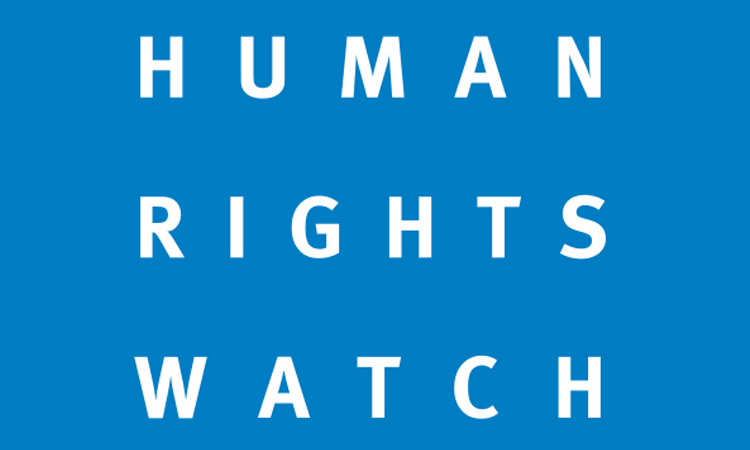News Flash
News Flash

DHAKA, Feb 1, 2025 (BSS) - The Human Rights Watch (HRW) has recommended to build a system prohibiting filing cases against unnamed people and mass arrest to stop arbitrary arrest and enforced disappearances.
"To end arbitrary arrests and enforced disappearances, the interim government should build systems prohibiting filing cases against unnamed accused and mass arrest warrants, revising laws that allow for vague and overly broad charges to target critics," said a report of the HRW released on January 27 last.
A HRW delegation, led by Elaine Pearson, Asia Director, on January 28, handed over the 50-page report titled "After the Monsoon Revolution A Roadmap to Lasting Security Sector Reform in Bangladesh" to Chief Adviser Professor Muhammad Yunus.
The HRW report mentioned that over the last 15 years, the (Sheikh) Hasina government deployed security forces to repress critics and opposition members through enforced disappearances, extrajudicial killings, arbitrary arrests, surveillance, and torture.
"The interim government should establish independent civilian oversight over law enforcement, including through the national human rights commission, with authority to carry out unannounced inspections of all places of detention," it said.
Immediately, the interim government should ensure that no one is detained arbitrarily or otherwise unlawfully, it said.
The HRW, one of the world's most respected human rights group recommended that every person should be detained according to law, with respect for basic due process including being told the date when the authority for their detention expires.
"Every person detained, for whatever reason, should be brought swiftly - within 24 hours - before a judge or judicial panel which should rule on the legality and necessity of their detention, and any order for release should be immediately complied with," it said.
It also said all detention centers should be made public and open to independent inspection and the courts should act speedily on habeas corpus petitions and ensure judicial review of detentions, insisting that the detainee is safely produced before the judge.
"The government should publicly and clearly prohibit extrajudicial killings by enacting laws that will hold perpetrators criminally liable," it said.
The HRW also suggested ratifying the optional protocol to the torture convention and taking steps to properly enforce the Torture and Custodial Death (Prevention) Act, including by providing public information on the status of complaints, investigations, prosecutions, and redress.
"It should repeal sections 54 and 167 of the Criminal Procedure Code, which empower the police to detain people for 15 days without a lawyer, known as remand, a period when authorities frequently carry out torture," it said.
The rights group said that it should embark upon urgent prison reforms by enforcing the UN Standard Minimum Rules for Non-custodial Measures (the Tokyo Rules) and the UN Standard Minimum Rules for the Treatment of Prisoners (the Nelson Mandela Rules).
"The interim government has a maximum of one year to bring these reforms before it holds elections. The international community should urgently assist the government with aid and expertise targeted towards implementing these systemic reforms as a priority above security force training support," it said.
The Yunus government should seek assistance by inviting UN and other experts to investigate and provide recommendations, it said.
"It should, most urgently, back a consensus resolution at the Human Rights Council to ensure continued monitoring and reporting by the Office of the High Commissioner for Human Rights to prevent future governments from undermining the reforms," the HRW report said.